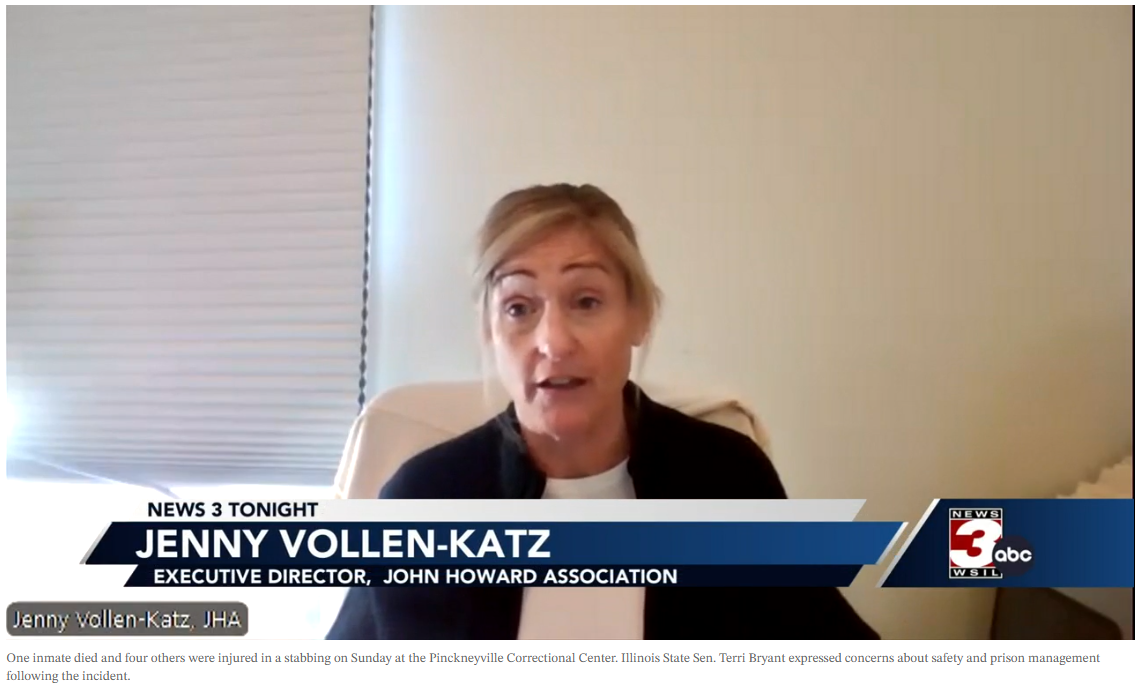
Advocacy
At JHA, we fight for a criminal justice system that is fair, effective and humane.
We inform and educate the public, policymakers and stakeholders about the treatment of people and conditions inside of our prisons, and advocate for legislative and administrative changes in prison operations.
Our advocacy efforts drive change that improves the lives and outcomes for people in prison and in our communities, and demands better use of limited taxpayer-funded resources.
Our work uncovers problems large and small in Illinois correctional facilities. This serves as the foundation for improving the lives of incarcerated people and their families, and driving change that is humane, fair and effective:

Closing of facilities due to inhumane conditions

Importance of opportunities for education and job skill training

Need for quality medical and mental health care

Creating transparency
Policy Statements
People who are incarcerated don’t have a say in their conditions of confinement. At JHA, we give them voice.
Read our positions on prison conditions and policy reform in Illinois.
E.O. 12866 RIN 1120-AB82 Meeting Comments: Clarification of National Standards to Prevent, Detect, and Respond to Prison Rape (February 10, 2026)
John Howard Association Public Comment on the Proposed Rule Regarding Mail, Privileged Communications and Receipt of Publications for People in Illinois’ State Prisons Submitted to the Joint Committee on Administrative Rules by the Illinois Department of Corrections (January 5, 2026)
JHA strongly supports this proposal and urges the State of New York to adopt a policy and practice of having judges who render sentencing decisions conduct meaningful, thorough visits of prisons on an annual basis. (Nov. 21, 2025)
John Howard Association Public Comment on the Proposed Rule Regarding Mail, Privileged Communications, and Receipt of Publications for People in Illinois’ State Prisons. Submitted to the Joint Committee on Administrative Rules by the Illinois Department of Corrections (Nov. 21, 2025)
JHA Statement on the Emergency Rule Submitted to the Joint Committee on Administrative Rules by the Illinois Department of Corrections Regarding Mail, Privileged Communications and Receipt of Publications for People in Illinois’ State Prisons (Sept 4, 2025)
JHA Testimony on the IDOC FY26 proposed budget given to the Illinois House of Representatives Appropriations—Public Safety Committee (March 19, 2025)
SB2201 mandates the collection and publication of what contraband is getting into prisons, where it was identified and how it is getting in, and how to best stop it from entering IDOC facilities. This information will increase the safety of correctional staff and people who are incarcerated in IDOC and allow for fact-based decision-making, leading to implementable and impactful policies. (March 18, 2025)
In 2022-2023, JHA conducted our second system-wide survey in the Illinois Department of Corrections (IDOC) using an adapted Measuring the Quality of Prison Life (MQPL) survey. Today we are excited to share our MQPL Survey Dashboard built by our partners at the Loyola Chicago Center for Criminal Justice. (August 8, 2024)
John Howard Association Testimony on Proposal to Close and Rebuild Stateville and Logan Correctional Centers given to the Illinois Commission on Government Forecasting and Accountability (May 10, 2024)
John Howard Association Testimony on the Illinois Department of Corrections FY25 Proposed Budget given to the Illinois State Senate Appropriations - Public Safety and Infrastructure Committee (April 17, 2024)
Results
Our work has lead to real change for incarcerated people and their loved ones.
This law will provide Illinois with the data needed on prison contraband in order to create policies that will keep both people who are incarcerated and staff safe without implementing unnecessarily harmful and punitive practices.
Public Act 103-0397, which was passed and signed into law in 2023, expands the remit of the OIJO to cover not only youth housed in Illinois’ five state juvenile prisons but also its 16 county-run juvenile detention centers. Protecting the rights of youth in custody and ensuring they have access to a trusted adult/office who can help them both understand and assert their rights and get assistance when needed is critical to the safety and well-being of this vulnerable population.
For many years, JHA has been asking IDOC to make its agency policies publicly available in order to increase prison system transparency. We are pleased to see that there is now a place on IDOC's website to house administrative directives, with 299 currently available (as of February 2022).
The DCRA requires that basic information be publicly reported about who, where, when, and other circumstances surrounding a death in custody. This information enables family members and other stakeholders to hold agencies accountable for the treatment of people in their custody, thus safeguarding the constitutional rights of Illinois residents.
JHA championed the fight to modernize Mandatory Supervised Release, or MSR, in 2021. Every person sentenced to prison in Illinois is required to serve a term of MSR in the community after they complete their term of imprisonment. Approximately 24,000 Illinoisans were on MSR in early 2021.
HB94 was signed into law by Governor Pritzker in August of 2019 and is a significant step forward in our effort to reform Illinois’ counterproductive and inhumane overreliance on incarceration.
In 2019, JHA successfully led the effort to abolish the $5 medical co-pay that incarcerated people in Illinois must pay to see a doctor.
JHA led the legislative effort to pass a new law which requires the Illinois Department of Corrections to collect and publicly report critical data about incidents of violence within its facilities.
In The Media
PINCKNEYVILLE, Ill. (WSIL) --One inmate died and four others were injured in a stabbing on Sunday at the Pinckneyville Correctional Center. Illinois State Sen. Terri Bryant expressed concerns about safety and prison management following the incident. (WSIL-TV ABC)
Illinois lawmakers and reform advocates are calling for stronger oversight of the state’s new prison health care provider following a Chicago Sun-Times report. (WBEZ)
The nearly 30,000 people incarcerated in Illinois prisons may begin having their mail scanned and subjected to other security measures following reports that those incarcerated and staff members who work in state prisons were in danger of being exposed to harmful chemicals from illegal drugs and other substances being smuggled into the facilities. (Chicago Tribune)
COVID-19

COVID-19 in Prisons
On this page you can find JHA publications related to COVID-19, information on how to contact IDOC, and information on how to report concerns to JHA.
COVID-19 Resources
Here you can find list of external resources related to COVID-19 as well as information on how to advocate on behalf of those who are incarcerated.












